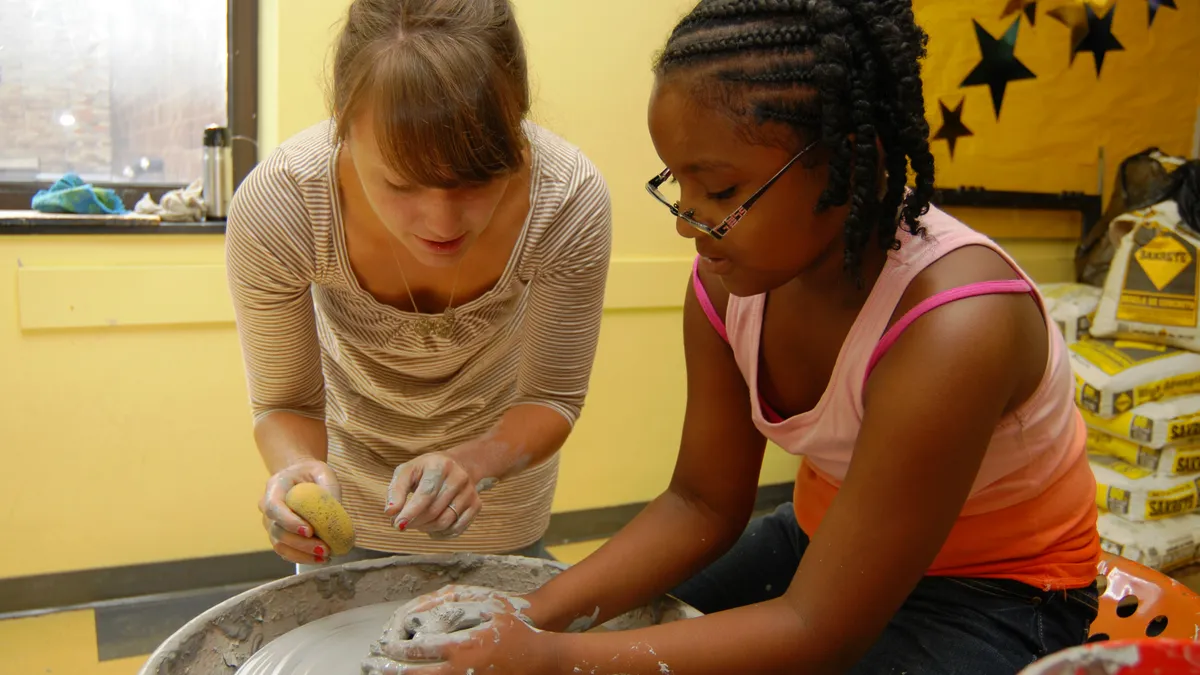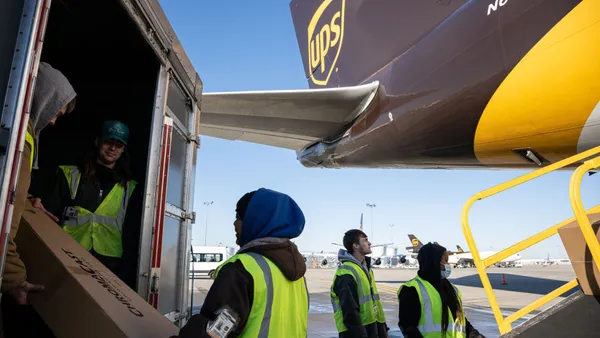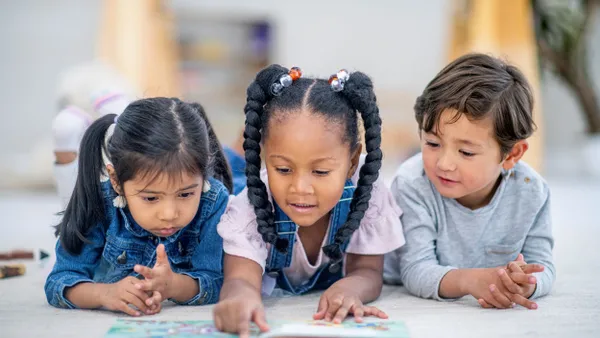Dive Brief:
- A study published this week in American Education Research Journal, following students in grades 1 through 6 over five summers, shows 52% of students lost an average of 39% of their total school year gains during the summer months. The study used data from Northwest Evaluation Association that included 200 million test scores for 18 million students in 7,500 school districts.
- The research also identifies differences in resources like family income, parental time availability, and parenting skill and expectations as potential factors further widening the gap, as some students continue to gain knowledge over summer. And because many students haven’t been in school since March due to the coronavirus pandemic, many experts believe the extended period will exacerbate learning losses.
- Prior research indicates race/ethnicity and socioeconomic status impacts summer learning, but it only accounts for 4% of the variance in summer learning rates. Efforts to address the issue have included experiments with longer school years and summer bridge programs, though more research is needed to determine their effectiveness.
Dive Insight:
During the coronavirus pandemic, summer learning programs will be especially important. With many students sidelined from traditional academics for nearly six months, experts are expecting significant learning shortfalls when students return to their studies this fall. This is especially true for those who lack home internet access or computers.
The problem, known as the homework gap, has been a growing issue as classrooms have grown more digital in recent years. But now, pandemic-related school closures have brought the issue to the forefront, with some lawmakers now willing to invest billions to connect all students to the internet from home. In May, the nonprofit EducationSuperHighway, which had long focused on connecting all schools to fast, reliable internet, launched the site digitalbridgeK12.org to provide information, tools, resources and best practices around improving home internet access to policymakers and school leaders.
As for this summer, many educators and librarians are helping stave off the summer literacy slide by providing books to students. Idaho State Librarian Stephanie Bailey-White recently told Education Dive that students who continue to read over the summer tend to gain a year or two over their peers who don’t. Raising A Reader, a national children’s literacy program, provides literacy backpacks with books and lessons, complete with directions for parents, for early education students.
A report from NWEA suggests without summer reading, students will only retain about 70% of their progress compared to a normal year, and math retention could regress half a year to a full year. Socioeconomically disadvantaged students and those without internet access or home computers are expected to suffer more.
Advocates and researchers have expressed hope summer programs from organizations like Afterschool Alliance and the Boys and Girls Clubs, which typically help students stay academically connected over the summer, can help stave off a larger COVID-19 slide. But 75% of out-of-school-time programs surveyed have also reported they are at risk of permanently closing or laying off staff. These cuts would have a more significant impact on lower-income communities.












